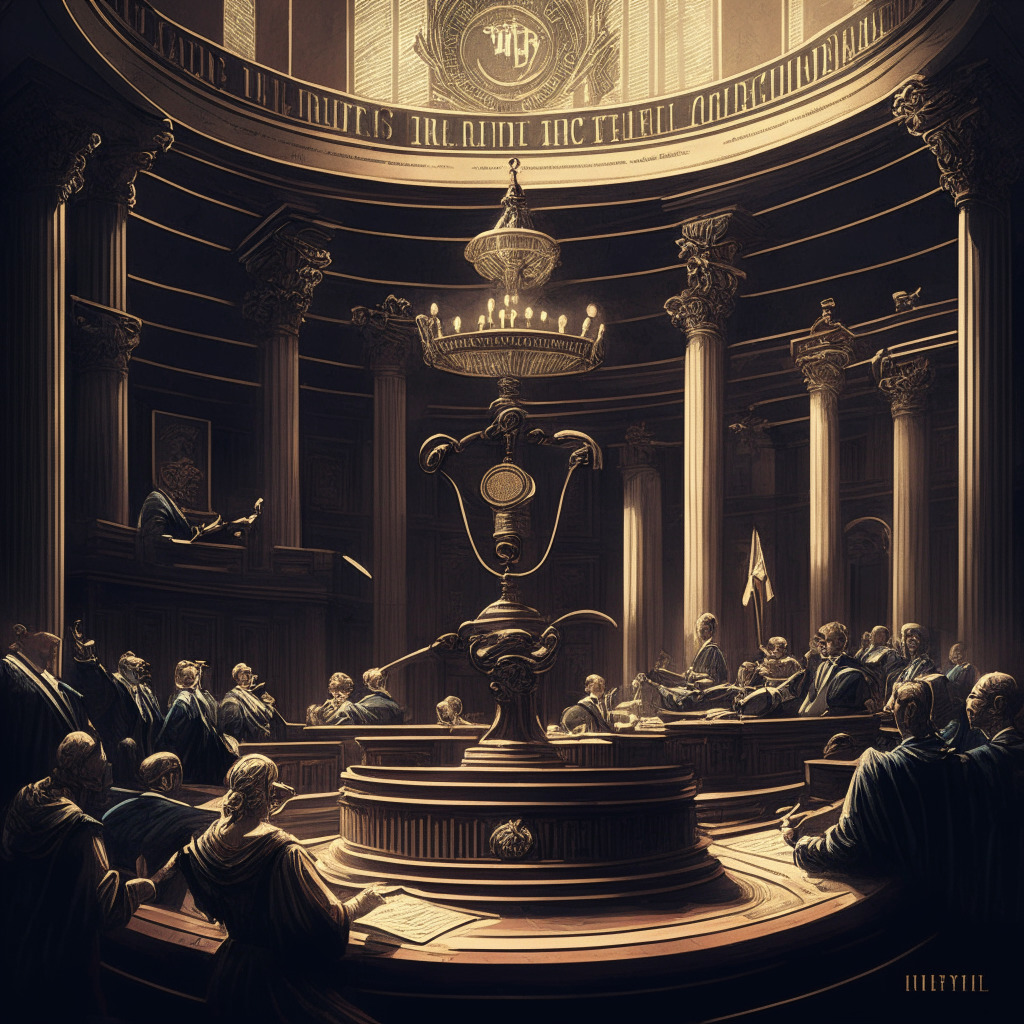Rep. Maxine Waters, a democrat from California, has recently requested input from the US Treasury Department and the Securities and Exchange Commission (SEC) on the potential impact and scope of the latest crypto bill proposed by Republicans. Waters has given the regulators one week to review the Market Structure Bill, a discussion draft put forth by Republican Committee heads Patrick McHenry and Glenn Thompson.
The core question Waters seems to be enthusiastic about is how the bill would change the role of the SEC and Treasury in the crypto market. Furthermore, she is interested in whether the legislation would be effective in protecting investors and if its contents pose any threat to the stability of financial markets. Waters does express clear concerns, stating that she is worried that the Republican bill could allow crypto firms currently being sued for breaching securities laws to continue doing business via provisional registration.
However, it is important to note that the Republican draft has some merits too, such as giving more authority to the Commodity Futures Trading Commission (CFTC) to oversee crypto commodity spot markets, which are currently outside its jurisdiction. The CFTC does regulate bitcoin and ether derivatives, but extending its oversight to spot markets could be a positive move.
Still, Waters is confident that the SEC is well-suited to issue crypto guidance and wants to keep the door open for crypto companies to register with the SEC. She reminds that the securities laws, which have been effective for every other industry over the last 90 years, should also work for crypto firms.
Crypto enthusiasts are now left in anticipation to see how regulators like the SEC and the Treasury Department respond to Waters’ request. The outcome of this scrutiny could significantly shape the future of crypto businesses and industry-wide regulations. Those interested in the stability and growth of the market hope for a solution that balances investor protection with innovation and progress.
Although the regulatory climate around cryptocurrencies remains uncertain, it is crucial for industry insiders and stakeholders to follow developments like these to stay informed and adapt their strategies accordingly. The future of crypto regulations will undeniably have a substantial impact on the overall market and the direction it takes in the coming years.
Source: Blockworks




